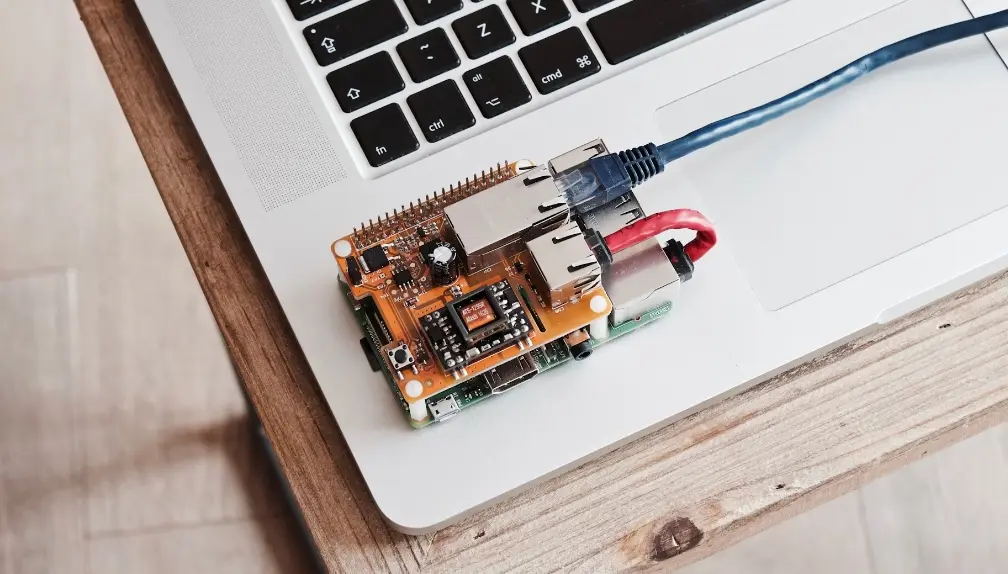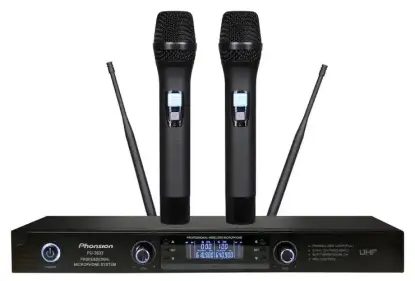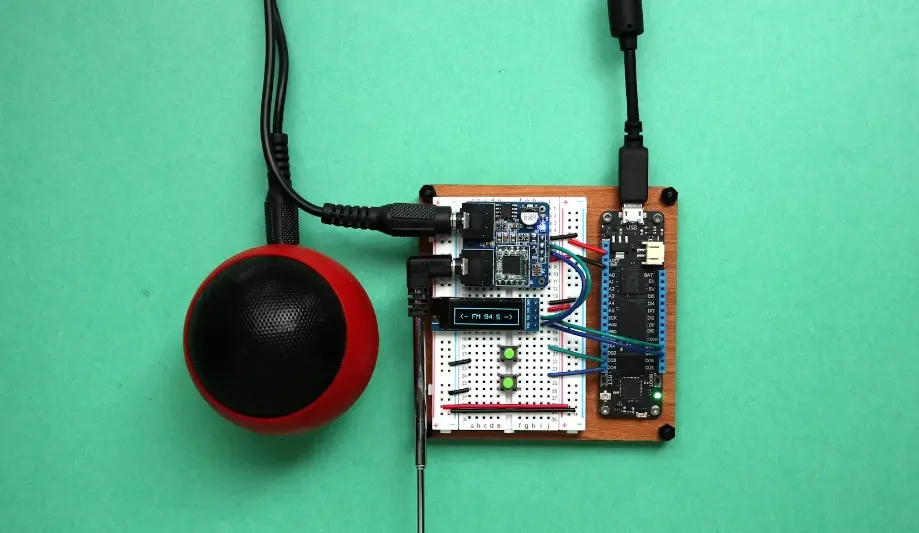
What is the CE certification test for alarm systems?
The CE certification test standard for alarm systems is:
EN 50130-4:2011+A1:2014
The European EMC Directive applies a series of standards specific to alarm systems that differ from other product series standards because it provides EMC immunity requirements for alarm systems but does not include emission requirements. Since the EMC Directive requires compatibility for both emissions and immunity, other appropriate standards need to be applied to cover the emissions aspect of the Directive. In most cases, this is usually accomplished by applying the generic emission standards suitable for the intended environment.
EN (European Standard) 50130-4 is titled "Alarm Systems - Part 4: Electromagnetic Compatibility - Product Family Standard: Immunity Requirements for Components of Fire, Intruder, and Social Alarm Systems." This standard is part of the EN 50130 series, which is designed to provide general requirements applicable to alarm systems (e.g., EMC immunity requirements, in this case). The following series of European standards aim to provide additional requirements applicable to specific types of alarm systems (e.g., performance requirements), with applicable versions listed in the EMC Directive's list of harmonized standards published on the European Commission's website:
EN 50130, Alarm Systems - Part 4: Electromagnetic Compatibility
EN 50131, Alarm Systems - Intrusion and Hold-up Alarm Systems
EN 50132, Alarm Systems - CCTV Surveillance Systems
EN 50133, Alarm Systems - Access Control Systems
EN 50134, Alarm Systems - Social Alarm Systems
EN 50135, Alarm Systems - Hold-up Alarm Systems
EN 50136, Alarm Systems - Alarm Transmission Systems
EN 50137, Alarm Systems - Combined or Integrated Alarm Systems
EN 54, Fire Detection and Fire Alarm Systems
The EN 50130-4:2011 test items include:
- Electrostatic discharge immunity test
- Radiated immunity
- Electrical fast transient/burst immunity test
- Surge (impact) immunity test
- Conducted disturbances induced by radio-frequency fields immunity test
- Voltage dips, short interruptions, and voltage variations immunity test
Note: EN 50130-4:2011 does not include EMI requirements and does not cover the requirements for EMI interference emissions.
Email:hello@jjrlab.com
Write your message here and send it to us
 EMC Standards for Medical Devices
EMC Standards for Medical Devices
 What is FCC Class A vs. Class B?
What is FCC Class A vs. Class B?
 UL Standards for Electrical Equipment
UL Standards for Electrical Equipment
 Is UL Certification Required in the USA?
Is UL Certification Required in the USA?
 Wireless Microphone Export Certification
Wireless Microphone Export Certification
 Audio-Visual Products SNI Certification in Indones
Audio-Visual Products SNI Certification in Indones
 FCC-ID: Still Needed if Module is Certified?
FCC-ID: Still Needed if Module is Certified?
 FCC Certification Fees for Handheld Fans
FCC Certification Fees for Handheld Fans
Leave us a message
24-hour online customer service at any time to respond, so that you worry!




